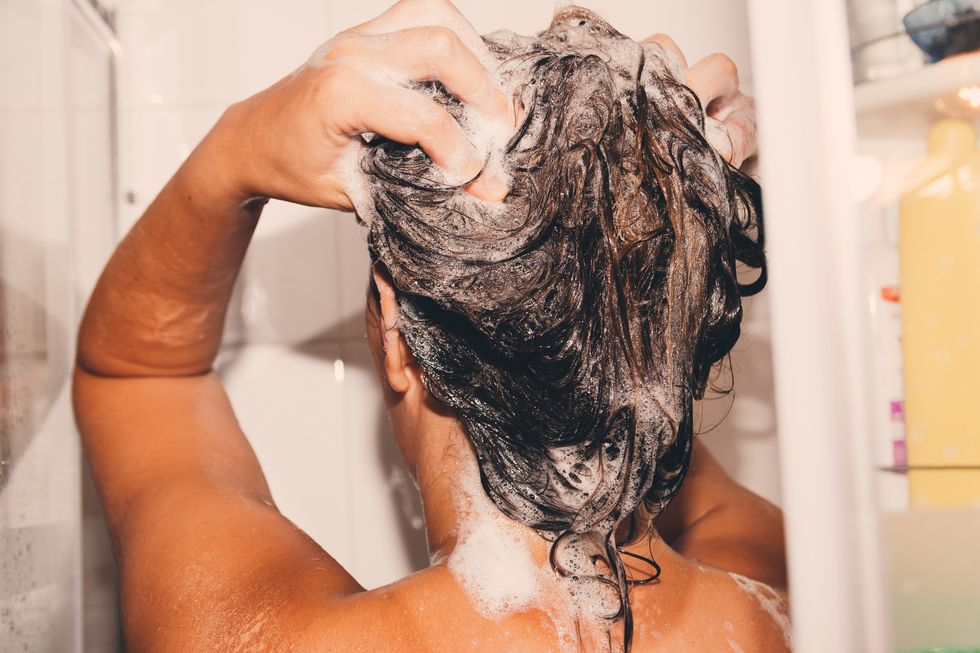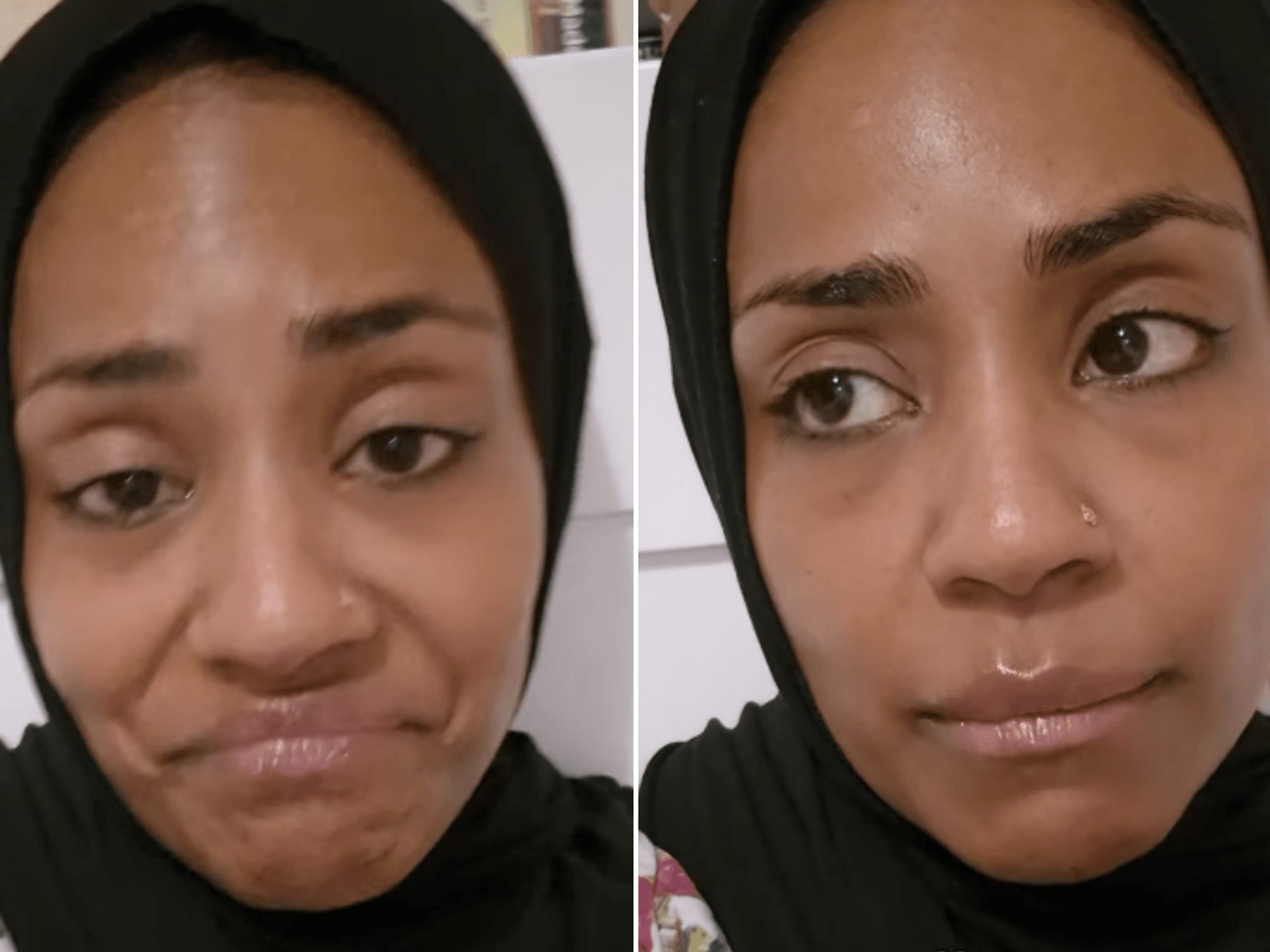How to reverse hair loss: Dermatologist swears by shampoo that 'protects the hair shaft and scalp'

Hair expert Richard Ward explains how to combat hair loss
|GB NEWS

A combination of proper hair care, a healthy diet, and strategic treatments can work wonders for women
Don't Miss
Most Read
While hair loss is typically associated with men, it is also an incredibly common concern among women.
According to the NHS, around half of women aged 70 years or over experience female-pattern baldness, medically known as androgenetic alopecia.
Other factors that trigger hair loss in women include poor hair care, hormonal imbalances, certain medications, diet deficiencies, cancer treatment, and childbirth.
Whatever the reason, noticing more strands in your hair brush can feel very disheartening. But thankfully, many forms of hair loss are completely reversible.
TRENDING
Stories
Videos
Your Say
GB News spoke exclusively to dermatologist turned hair transplant surgeon Dr Ross Kopelman about what women can do to restore their strands to their former glory.
Among other tips, he stressed the importance of using the right shampoo. For full, fabulous locks, think hydration and no sulphates.
Shampoo
The expert stated: "Gentle hair care habits are essential. Avoid tight hairstyles, minimise heat styling, and choose sulphate-free, hydrating shampoos and conditioners to protect the hair shaft and scalp.
"Washing frequency can be individualised, but keeping the scalp clean helps maintain follicle health."
There is plenty of discussion around the effectiveness of shampoo as a hair loss treatment, with some experts recommending anti-dandruff and caffeine varieties.
It is also widely believed sulphate-free shampoo is better for your strands than products that contain sulphates. Sulphates are a class of chemicals often used as cleaning or foaming agents.
Hair care giant Olaplex explains: "While sulphates can help cleanse your hair, they might do their job a little too well and can pull too much natural oil from your hair and skin. This can cause your hair to feel dry, frizzy, or brittle.
LATEST DEVELOPMENTS:

'Choose sulfate-free, hydrating shampoos and conditioners to protect the hair shaft and scalp'
| GETTY"Another common complaint about sulphates is that they can potentially dry out and irritate your scalp."
Damaged hair is more prone to breaking off – sometimes even from the root – so maintaining hair health is key.
Other issues caused by sulphates may include acne on your back or around your hairline. If your hair is colour-treated, you might also find the shade diminishes slightly due to the stripping effect.
While sulphates aren't "necessarily bad" for all hair types, Olaplex advises those with dry, overly processed, or damaged hair to avoid them.

According to the expert, women can eat their way to sensational strands
|GETTY
Lifestyle
The careful selection of your shampoo is key, but for the best results, a holistic approach is required.
Stressing that nutrition is "crucial", Dr Kopelman recommended a balanced diet rich in protein, iron, vitamin D, zinc, biotin, and omega-3 fatty acids, as these nutrients "directly impact hair follicle function".
As well as eating well, healthy habits can also heal your hair from within, with the expert recommending exercise, mindfulness, and adequate sleep to curb "stress-related shedding".
Treatment
Beyond hair care and lifestyle, minoxidil is generally considered the gold standard of hair loss solutions.
It is a topical medicine used to treat pattern hair loss in both men and women, although some research suggests it may also help combat other forms of the condition.
Dr Kopelman stated: "Topical minoxidil remains one of the most effective FDA-approved options for female pattern hair loss.
"Applied daily, minoxidil works by prolonging the hair's growth phase (anagen) and enlarging miniaturised follicles, which over time can improve hair density."
While it's very powerful, it typically takes consistent use for three to six months before patients see results, so you've got to be patient.
It's important to note that, as with most medicines, minoxidil isn't suitable for everyone. For example, it should be avoided by those who have psoriasis, high blood pressure, or are pregnant. Always consult your GP before applying it.
While Dr Kopelman's solutions are expert-approved, some hair loss cases may require direct attention from a professional.
The dermatologist concluded: "If at-home measures aren't enough, I encourage women to consult a specialist to explore additional therapies."










